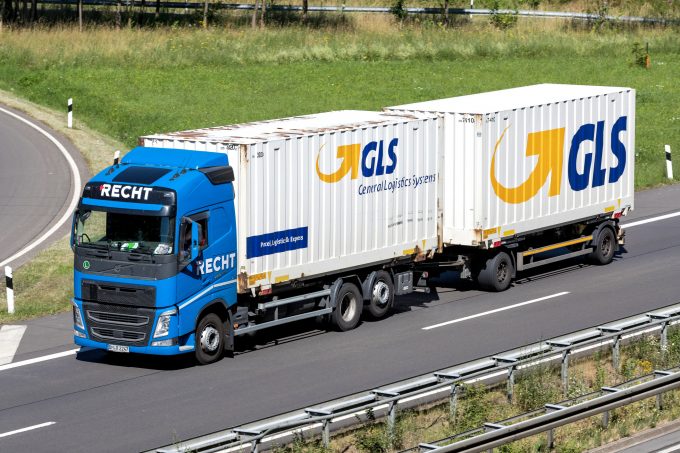Schenker, what Schenker? DSV boss talks up options – yes, Sir!
New corporate structure also serves ‘potential M&A that may come up’. May? Potential?

UK Royal Mail holding company IDS has rejected an “opportunistic” takeover offer by Czech billionaire investor Daniel Křetínský.
Mr Křetínský’s company, EP Group, this month submitted a “non-binding indicative proposal” for the holding company of the Royal Mail and General Logistics Systems (GLS) of 32 pence ($0.40) per share.
It was “seeking recommendation for a possible cash offer for the entire share capital of IDS”.
The IDS board formally rejected the offer on the grounds that it “significantly undervalues IDS and its future prospects”.
It said: “The board believes the timing of the proposal is opportunistic. It does not reflect the growth potential and prospects of the company under a new management team and the significant modernisation programme under way at Royal Mail.”
Thomas Cullen, chief analyst at Transport Intelligence (Ti), told The Loadstar: “As far as I am aware there are no other bids. Obviously other companies are not going to signal that in advance.
“Mr Křetínský already owns approximately 27% of IDS, so he is in a fairly strong position. The bid from Mr Křetínský is not such a surprise.”
For most of its history, Royal Mail operated as a public service. In 2011, the Postal Services Act meant 90% of Royal Mail was privatised and the remaining 10% distributed, as shares, among Royal Mail employees. It was floated on the London Stock Exchange with an initial public offering (IPO) price of 33 pence per share, valuing it at £3.3bn.
Today, the share price of IDS was 27 pence and Ti suggested it was vulnerable, due to declining mail volumes and the shift to e-commerce parcel deliveries.
However, subsidiary GLS is a continental Europe-based parcel specialist and has been highly profitable.
Ti said: “It is tempting to believe that what Mr Křetínský is really after is GLS Group… Last year he denied he would break up IDS in order to retain GLS. Yet if Mr Křetínský took over the whole of IDS, he would still have to struggle with the shift from mail and towards parcel deliveries.”
Mr Cullen told The Loadstar: “You have to ask, who else will buy it? GLS may be attractive, but then what do you do with Royal Mail UK?”
Ti concluded: “At present the mood in the media is that politicians will be tempted to block the bid on grounds of ‘national interest’ or ‘national security’.
“However, if there is no successful purchase of IDS, the question will remain as to where it will get the capital to continue to invest in the business.”
Despite the initial rebuff, however, EP Group said it was keen to continue discussions with the IDS board. It said: “While EP Group’s proposal was rejected by the board of IDS, it looks forward to continuing to engage constructively with the board as EP Group considers all its options.”
It is required to announce either a firm intention to make a formal offer for IDS or not, by close of business on 15 May.
EP Group operates energy and infrastructure assets across Europe, including gas pipelines and gas storage facilities, power plants and electricity networks. Companies in which EP Group is the controlling shareholder or exercises the majority of voting rights have revenues of around €100bn ($106.4bn) and annual ebitda of €8bn.
Comment on this article